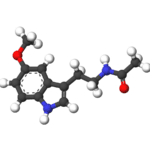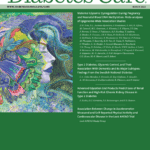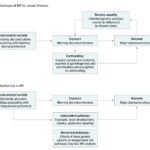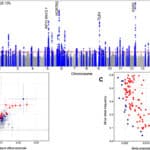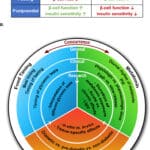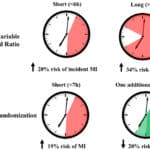An estimated 5-12 million Americans use melatonin, a hormone naturally produced during the biological night, to treat sleeping problems. Interestingly, variants in a melatonin receptor, MTNR1B are associated with a risk of type 2 diabetes. Furthermore, ~10% of working adults are shift-workers with increased risk of type 2 diabetes. Precise mechanisms linking shift work, melatonin, and timing of food intake on diabetes prevention and control is unknown. Our research aims to inform interventions and therapeutics for vulnerable populations of late-night eaters, shift workers or users of melatonin as a sleep-aid that are at increased risk for type 2 diabetes.
Dissecting causal role of insomnia in cardiovascular disease
This project aims to identify genes and pathways at GWAS loci for insomnia symptoms in humans, test the consequence of loss-of-function of Drosophila orthologs on sleep and cardiac function, and test the impact of perturbed sleep on cardiovascular function in humans and Drosophila.


